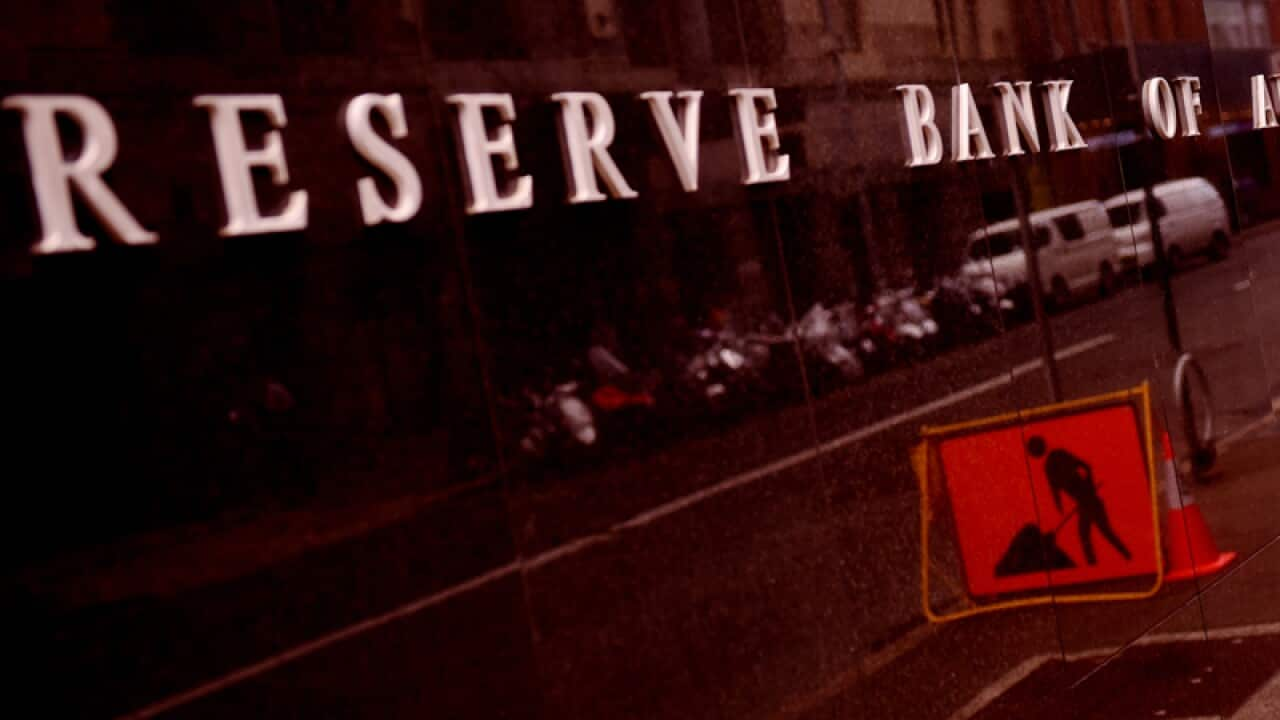Gone are the days when an interest rate cut would have been welcomed.
Shadow assistant treasurer Andrew Leigh says it is now a worry.
Financial markets are betting on a two in three chance of the Reserve Bank cutting the cash rate to a record low of just 1.5 per cent from 1.75 per cent when its board meets on Tuesday.
"Given that former treasurer (Joe) Hockey described a rate one per cent above our current rate as being 'emergency' levels, then who knows how best to describe this rate?" Dr Leigh told ABC television on Monday.
He said living standards had been falling over the past three years since the coalition won office, wage growth was at its slowest in 30 years and home ownership was at a 60-year low.
"Many of the numbers in the Australian economy are going in absolutely the wrong direction," he said.
Treasurer Scott Morrison concedes Australia and the world face big economic challenges.
Talk of a rate cut was stirred by last week's consumer price index showing annual inflation at a 17-year low of just one per cent and underlying inflation - which smooths out volatile price swings - is running at a record-low 1.5 per cent.
Mr Morrison says as well as low inflation, interest rates and wage growth, Australia, like the rest of the world, is facing low levels of business investment.
"We are in this phase, we have got big economic challenges and Australia is not immune from that despite the fact we are doing better than most countries in the world," the treasurer told Sydney's 2GB radio.
Commonwealth Bank chief economist Michael Blythe expects the central bank will cut the cash rate, but questioned whether these extreme policy settings are working.
"Households now worry that rate cuts from record lows are an indicator of worsening economic prospects," Mr Blythe said.
He said if the aim was to encourage banks to lend and businesses to invest, then "results have been mixed at best".
One concern for the central bank is whether another rate cut would reignite a housing boom.
New figures by property market analysis firm CoreLogic show house prices in capital cities rose by 0.8 per cent in July to be up by 6.1 per cent over the year, the slowest annual growth rate since September 2013.
Its head of research Tim Lawless warns, with housing auction clearance rates already running at high levels, policymakers will be wary of lower interest rates creating renewed upward pressure on prices.
Share

